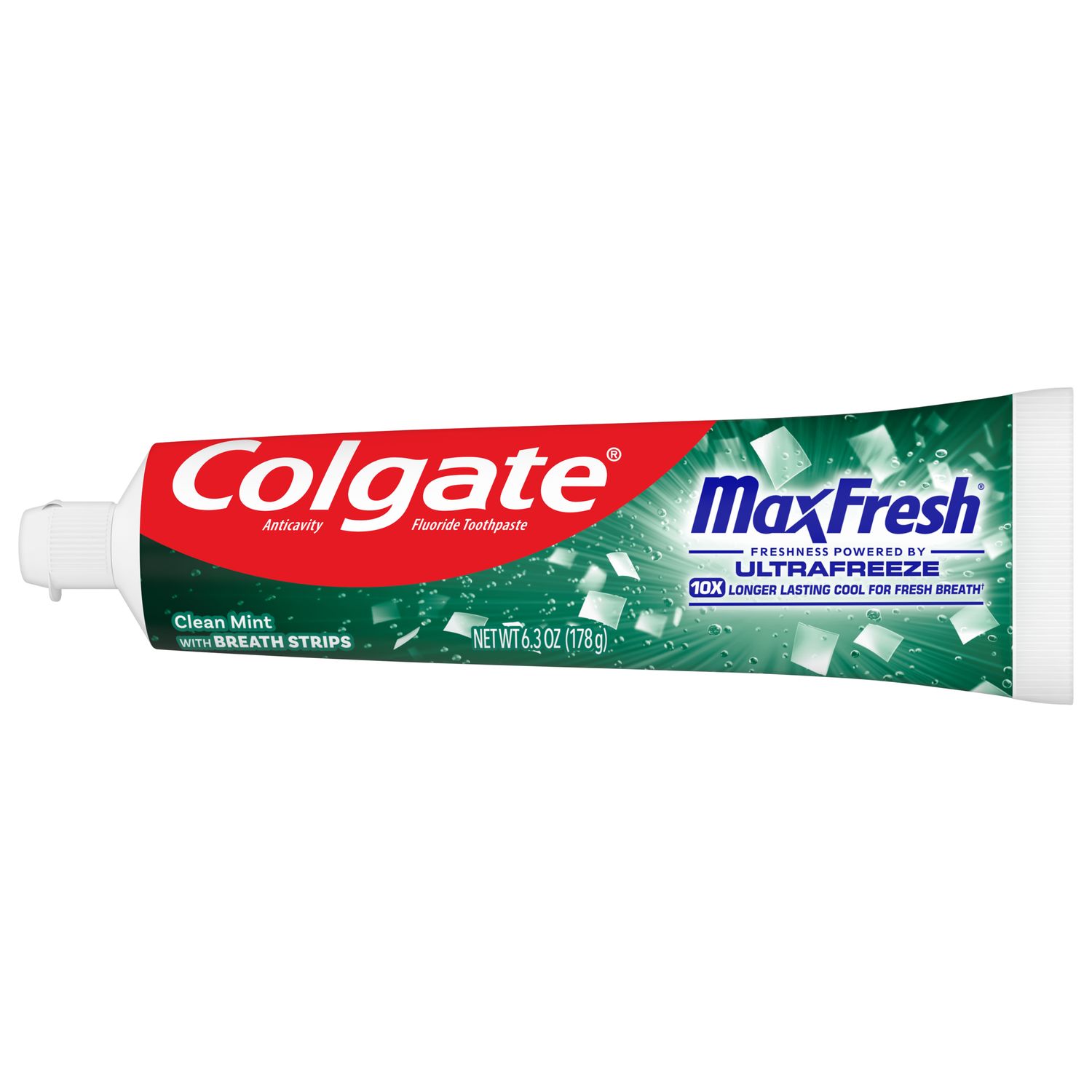What Is Halitosis?
Halitosis is the medical term for bad breath. It’s not a condition itself; rather, it’s a possible consequence, side effect, or symptom of another habit or problem. Most cases of halitosis come from harmless sources, but halitosis can still be an embarrassing and even distressing experience. Fortunately, though, it’s easy to treat in most cases. The first step is to figure out what’s causing your halitosis…
What Causes Halitosis?
In most cases, halitosis is caused by a build-up of odor-causing bacteria due to poor oral hygiene. Luckily, that means improving your daily oral hygiene habits can be an easy halitosis fix. Try these steps:
- Brush your teeth and gum line twice daily for at least two minutes. This helps to get rid of odor-causing bacteria and plaque, keeping your mouth healthy as well as your breath fresh.
- Floss between your teeth or use an interdental cleaner. These spots are hard to reach with a toothbrush, so odor-causing bacteria can often build up here and contribute to halitosis, even if you brush regularly.
- Brush your tongue, too, or consider using a tongue scraper. Your tongue can harbor just as many odor-causing bacteria as your teeth, especially at the back.
- Use a mouth rinse or mouthwash. Not only can they mask food odors, but an antibacterial rinse can help to reduce levels of halitosis-causing bacteria.
Questions and Answers About Halitosis Causes
How Does Food Cause Halitosis?
You've probably enjoyed a pizza topped with garlic and onions and worried that your breath smells after eating. Particles of food get lodged between teeth when you chew, and the bacteria in your mouth start to break them down. This produces certain byproducts, and for foods like onion and garlic, these byproducts can be especially pungent. Not only do these compounds stick around in your mouth, they enter your bloodstream during digestion, and are then carried to your lungs and exhaled in your breath.
Drinks like coffee and alcoholic beverages can contribute to halitosis, too. Both can dehydrate you, which reduces saliva flow and allows halitosis-causing bacteria to build up. And during alcohol metabolism, pungent byproducts can also be exhaled via the lungs.
You should feel free to eat the foods you love, but if you find that certain foods make your breath stink, keep a portable mouthwash or some sugar-free gum handy.
How Does Illness Affect Halitosis?
Suppose you feel as though you have halitosis before eating. In that case, the cause of your halitosis may instead be a side effect of an underlying disease or short-term illness. Conditions that can cause halitosis include:
- Diabetes.
- Sinus, nasal or throat infections.
- Acid reflux.
- Liver or kidney disease.
- Chronic respiratory diseases.
- Chronic gastrointestinal conditions.
If your halitosis is a symptom of one of these disorders, treating the root cause first is the best way to reduce your bad breath.
How Does Dry Mouth Create Halitosis?
Dry mouth means you don't have enough saliva to keep your mouth wet. Saliva helps you digest food, prevents infection, and clears out odor-causing bacteria, so a lack of saliva can cause issues. Whether it's due to certain medical treatments and medications, smoking, or mouth-breathing, one of the resulting outcomes can be halitosis. Learn more about dry mouth causes and treatments.
How Does Smoking Impact Halitosis?
Beyond the effects of smoking on teeth, tobacco products, whether they are smoked or chewed, leave a residual smell on your breath. Habitual tobacco use can also cause a build-up of bacteria in the mouth, creating halitosis. Want to quit? Your dentist can play a role in smoking cessation and can help increase your rate of successfully quitting.
What Dental Problems Can Cause Halitosis?
Halitosis can be the result of gum disease and tooth decay. These issues can provide spaces where bacteria can hide and thrive, and they can increase the risk of oral infections, both of which lead to unpleasant odors. Short-term breath-freshening methods might mask the problem, but these dental issues need to be resolved with your dentist in order to properly treat halitosis and prevent other oral health complications, such as tooth loss. If you suspect your bad breath may be due to dental issues, book an appointment with your dentist today.
How Do I Avoid Halitosis?
Visiting your dental hygienist regularly for professional cleaning, brushing your teeth twice a day, flossing at least once per day, and using mouthwash regularly can reduce or eliminate halitosis in many cases. If your halitosis results from a chronic issue, such as tooth decay or illness, you'll need to see a healthcare professional because gum and mouthwash will only mask the problem for a little while. In most cases, the prognosis for chronic halitosis is good.
Taking steps to determine the cause of your bad breath, improving oral care, and changing diet and habits can lead to fresher breath, and that's something to smile about!
This article is intended to promote understanding of and knowledge about general oral health topics. It is not intended to be a substitute for professional advice, diagnosis or treatment. Always seek the advice of your dentist or other qualified healthcare provider with any questions you may have regarding a medical condition or treatment.
ORAL HEALTH QUIZ
What's behind your smile?
Take our Oral Health assessment to get the most from your oral care routine
ORAL HEALTH QUIZ
What's behind your smile?
Take our Oral Health assessment to get the most from your oral care routine















